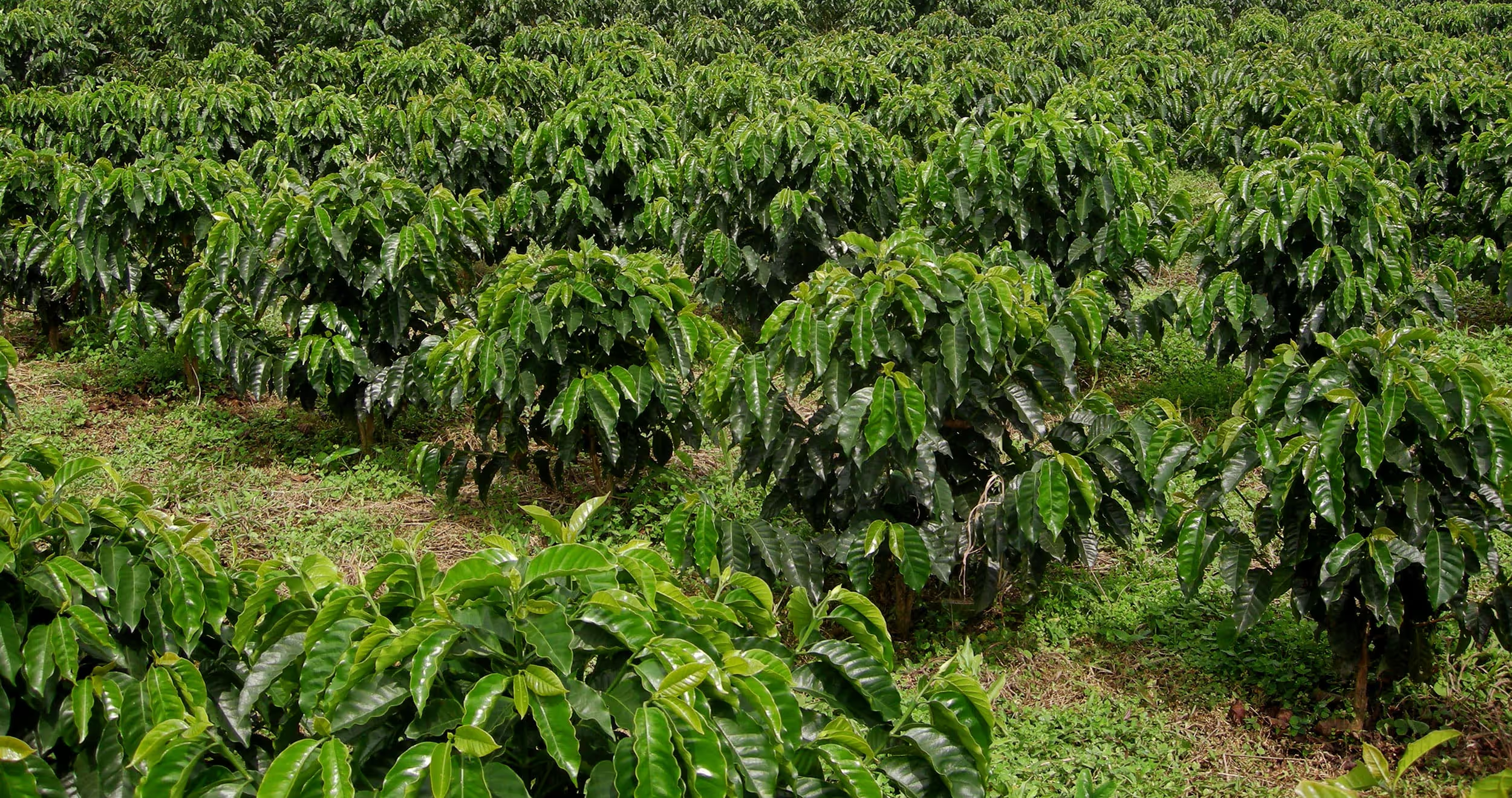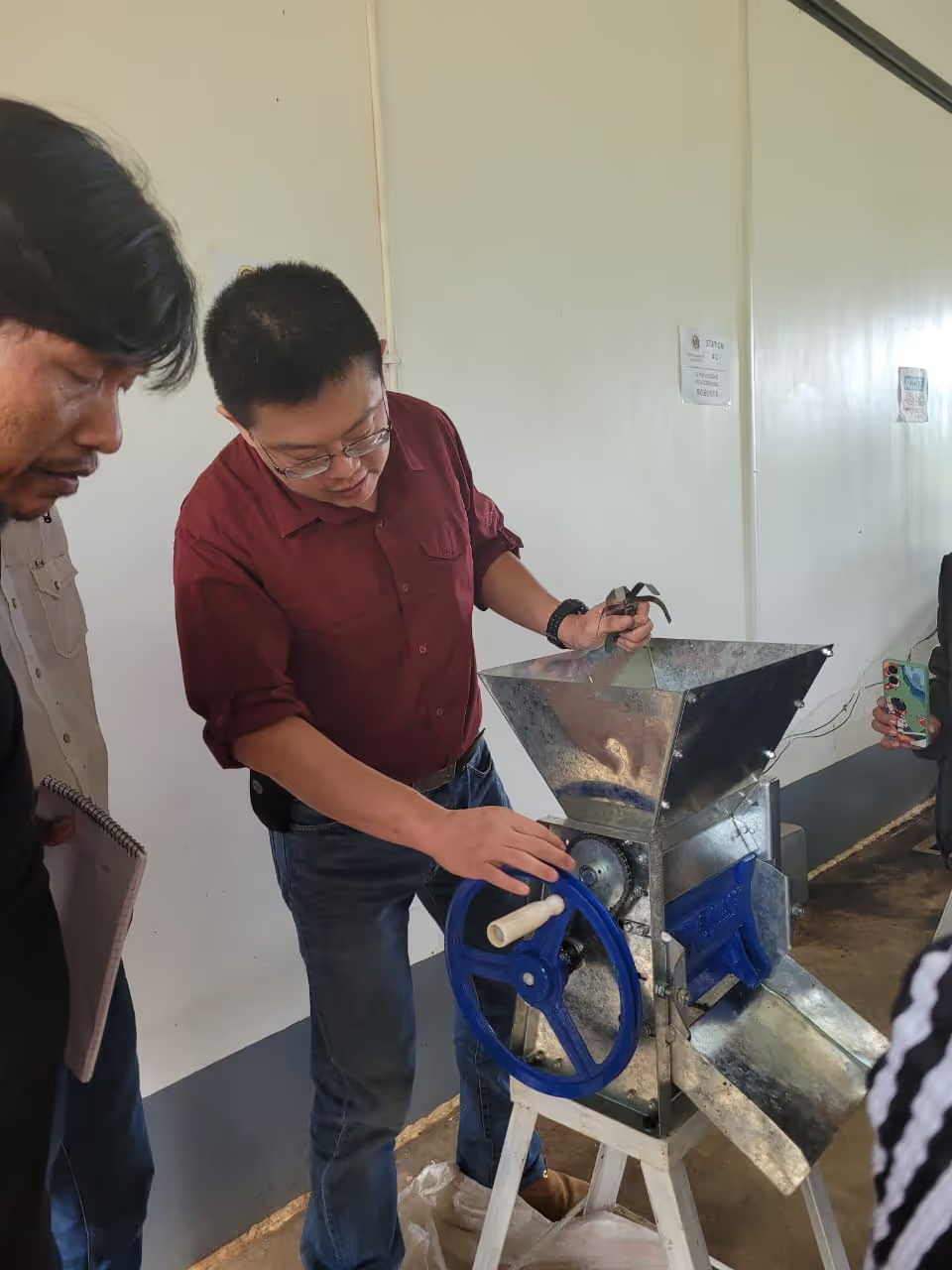
Coffee Quality Institute achieves global reach through its educators and volunteers. These coffee professionals play an important role in CQI origin projects, whether they are training local coffee people or translating course materials. At times, they are faced with obstacles on their journeys, ranging from travel delays to inclement weather. We caught up with CQI Post-Harvest Processing Instructor, Johan Kwe to discuss a trip to the Philippines – where he had to run a PHP training during an unexpected blackout.

First, let’s get to know a bit more about Johan and his career in coffee. He grew up in Indonesia, in Sumatra, surrounded by coffee, but he admits that he wasn’t truly aware of what coffee was and how it was grown. He began his official journey in the specialty coffee industry about ten years ago. He was very much into car racing and decided he needed a new hobby. Coffee sounded interesting and he began to visit different coffee shops to explore a bit. He relied on baristas to educate him on taste and flavor attributes as he admits he was having a hard time differentiating coffees.
In 2015, Johan purchased a 3-kilo roaster and started to sell his roasted coffee on Instagram. He would travel to coffee producing regions every week to meet with producers and purchase coffee directly from them. When it came to processing coffee, he realized that the producers would give him different answers, which led him to question what the “right” way to process coffee was. Johan started watching videos on YouTube, but he wanted to find a standardized method to process coffee. At the time, he was already planning on taking the Q Arabica Grader course which led him to discover that CQI had started offering post-harvest processing education.
In 2018, Johan enrolled in a Q Processing Level 2 Professional (QP2) course in China. He was fascinated by the course materials, and he eagerly asked how he could become a PHP instructor. He received the application link, along with the list of requirements and began the process almost immediately. In 2019, Johan became a Q Processing Level 1 Instructor (QP1), adding QP2 a year later. More recently, he became certified to teach QP2 Robusta courses.
In 2022, CQI reached out to Johan to provide PHP training in the Philippines for the USDA funded PhilCAFE project. At the time, Johan was already in Laos teaching courses related to another CQI project. He flew straight from Laos to Davao city in the Philippines. He has returned about four times since then to complete courses and offer retakes. In his last trip, Johan taught QP1, Coffee Fermentation: From Microbes to Flavors, and he offered QP2 Robusta retakes. We asked Johan to share his thoughts and experiences on these courses/classes:
Johan delivered this training, despite some setbacks. On the first day of his trip, they began to hear typhoon warnings. Once it struck, they were faced with a complete blackout, left without power or cellphone signal. The hotel where he was staying did not have a generator and he was finally able to connect with project partner ACDI/VOCA from a landline. Johan was completely off the grid for a full day, but on day three of his trip, he was taken to another hotel that had a generator. Johan had to act quickly as he was already a day behind, and he turned the hotel’s dining room into a classroom. They hung a bed sheet over the window for a screen and got started! In total, they were able to accommodate eighteen students and completely adapt to the situation at hand. Johan jokingly shared one of his favorite quotes, which he leaned on for motivation during this trip: “When the going gets tough…the tough get going.”
Johan noted that as a Q Processing Instructor, or student – you must be willing to be flexible and approach things with an open mind. As an instructor, you might have to troubleshoot or fix equipment, adapting to what is provided to you. Johan calls this “farmer ingenuity.” There are many obstacles one can face when delivering these courses at origin so it’s important to think fast. Johan did not waste any time, improvising when needed to ensure that students still had the opportunity to receive PHP training. Despite the setbacks, Johan, CQI and PhilCAFE consider this experience to be a success as students enjoyed their experience and can apply the knowledge gained on a farm-level – improving the quality of their coffee and increasing value.